Room available in Vietnam’s traditional medicine tourism
According to the report 2024 Global Wellness Economy report released by the Global Wellness Institute, global per capita spending on wellness ($700) is on par with consumer out-of-pocket spending on healthcare ($710).
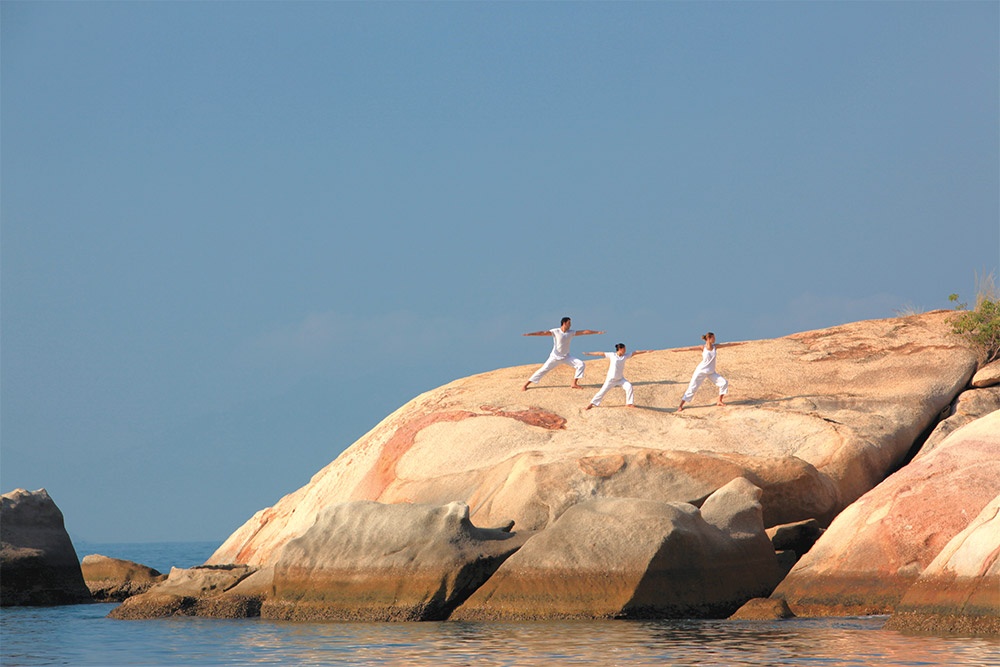 |
At the regional level, per capita wellness spending is higher than consumer out-of-pocket spending on healthcare across every region except North America. And, wellness spending per capita is higher than spending on clothing/shoes ($290) and hotels/restaurants ($475) across the world.
The five largest wellness markets are the US ($1.8 trillion), China ($790 billion), Germany ($269 billion), Japan ($241 billion), and the UK ($224 billion), which also happen to be targeted tourism markets of Vietnam.
“Vietnam is a perfect hotel location for travellers interested in culture and nature,” Artur Gerber, managing director of TUI Blue Hotels & Resorts, told VIR. “The country offers ideal conditions for guests wishing to combine their stay with authentic experiences in the region.”
From 2020, when setting up the first TUI Blue resort in South Hoi An, the company labelled corresponding hotel offerings as “TUI Blue For All” based on global responsibility for sustainable economic, environmental, and social action.
Stellar resources
At a seminar on promoting solutions for wellness tourism in June, Nguyen Thi Huong Lien, deputy general director of herbal medicine and natural cosmetic company Sao Thai Duong, said that Vietnam has huge opportunity to develop distinctive traditional medicine services and products that can attract tourists.
“Vietnam lies within the tropical monsoon climate belt, creating biological diversity, with over 36,000 identified plant species, including more than 5,000 flora species used in medicine, with a long-standing tradition of herbal medicine,” said Lien.
She also highlighted the significant potential of traditional medicine methods using herbal medicine and essential oils. Vietnam has over 600 flora species with essential oils, offering a rich resource that can be developed with modern cultivation techniques.
Lien’s company cooperates with farmers on growing and collecting herbal medicine and its Nature Queen product line has been exported to 12 countries, including the US and European countries.
“Beyond the rich natural herbal resources, the country has around 400 valuable hot mineral water sources which are highly effective for healing, therapy, and healthcare,” Lien added.
Prominent traditional medicinal products include offerings such as forest bathing, sand bathing, hot springs, herbal baths, and spa treatments like massages, skincare, mud baths, and traditional acupressure.
Seizing this opportunity, many hotels and resorts have been focusing on developing traditional and herbal medicine-based tourism services and products to attract tourists.
Notable examples include Alba Wellness Valley by Fusion in Thua Thien-Hue. The resorts not only encourage farmers around their locations to grow herbal for supplying at spas, but also cooperate with well-known natural and traditional brands to offer herbal massage therapies featuring high-quality, organic ingredients sourced from local farmers and herbalists, ensuring both effectiveness and safety.
Owning a rich natural mineral hot springs resource in the foot of Truong Son mountain range, Alba Wellness offers herbal hot poultice spa treatment using a warm compress made from a blend of herbs, spices, and essential oils. This treatment aims to relax, relieve muscle tension, and enhance overall wellbeing.
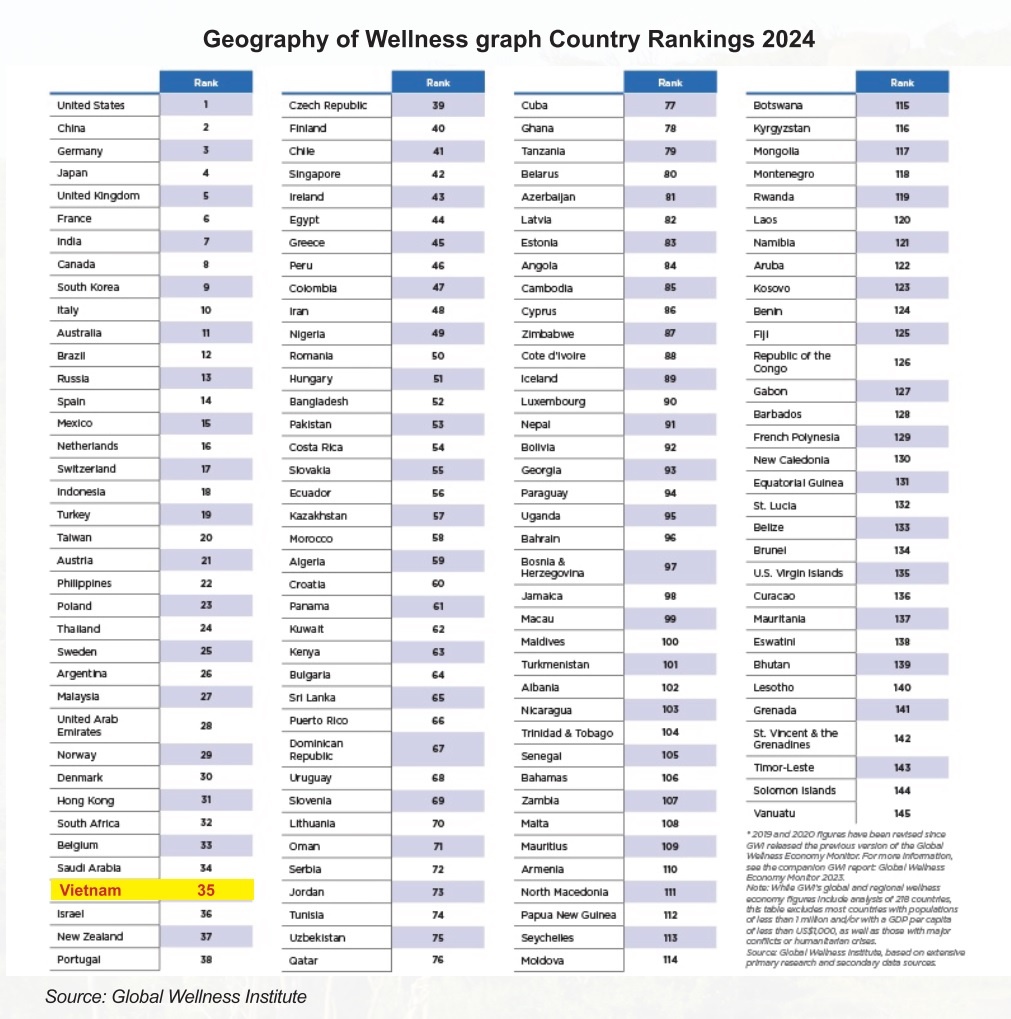 |
Emerging products
Leveraging the abundant hot mineral springs, various regions in Vietnam have invested in developing onsen resorts that specialises in hot spring baths with the highlights of wellness and spa treatments. This wellness approach combines three effective therapies: hydrotherapy, thermotherapy, and mineral therapy, offering benefits such as relaxation, stress reduction, improved circulation, enhanced respiration, and particularly advantages for muscles and joints.
Many onsen resort projects invested by local large groups, and achieved significant successes. Among them, Yoko Onsen Quang Hanh, one of the largest luxury hot spring resorts developed by Sun Group, with an investment of up to $140 million, is a renowned destination that attracts tourists for its hot spring baths and relaxing ambiance.
Thanking to new emerging tourism products alike healthcare treatments, according to Quang Ninh People’s Committee, tourism revenue for the first half of 2024 is estimated at $891.4 billion, up 34 per cent on-year. The tourism sector witnesses a nearly 15 per cent growth, with about 10.4 million visitors, an 18 per cent increase from last year. International visitors reached nearly two million, a 140 per cent rise compared to the previous year.
As per statistics from the Vietnam National Authority of Tourism, international arrivals in Vietnam reached nearly 10 million in the first seven months of 2024, marking a 51 per cent increase compared to the same period in 2023, with an estimated value of over $20.5 billion.
However, Vietnam’s traditional medicine tourism products are still limited and not diverse, with few high-quality services available for high-spending customers, according to Bui Van Dung, vice chairman of the Vietnam Tour Guides Association. The number of facilities recognised as meeting standards for tourist health services and receiving certification is also limited.
“These products mostly include relaxation, leisure, and beauty treatments at resorts. There are no specialised tours to directly experience the production of traditional medicine products or to learn from experts about the processes, significance, and benefits of these products, nor to purchase them at their source,” Dung said at the June seminar.
Dung added that, compared to neighbouring countries, Vietnam has competitive advantages in medical and wellness tourism products. “However, there is a lack of connectivity in these products, highlighting the need for solutions like online platforms to link service providers with travel companies and tour guides,” Dung said.
To Hue, chairwoman of health sciences, marketing, and tech company We Fusion JSC, added, “The demand for healthcare products among tourists will increase in the future. However, Vietnam currently lacks sufficient locations and distribution channels for these products.” Therefore, a platform for health tourism will be essential in connecting travel companies and guides with suppliers, helping to introduce and provide information about high-quality products to meet tourist needs.
To establish traditional Vietnamese medicine as a high-quality tourism product by 2030, the Ministry of Health issued Decision No.2951/QD-BYT in July 2023. The initiative focuses on developing five types of traditional medicine services and products and aims to leverage the value of traditional medicine in providing services for both international and domestic tourists. Following its approval, many provinces and cities have issued plans for implementation based on local potential and strengths, promising a significant boost to traditional medicinal tourism.
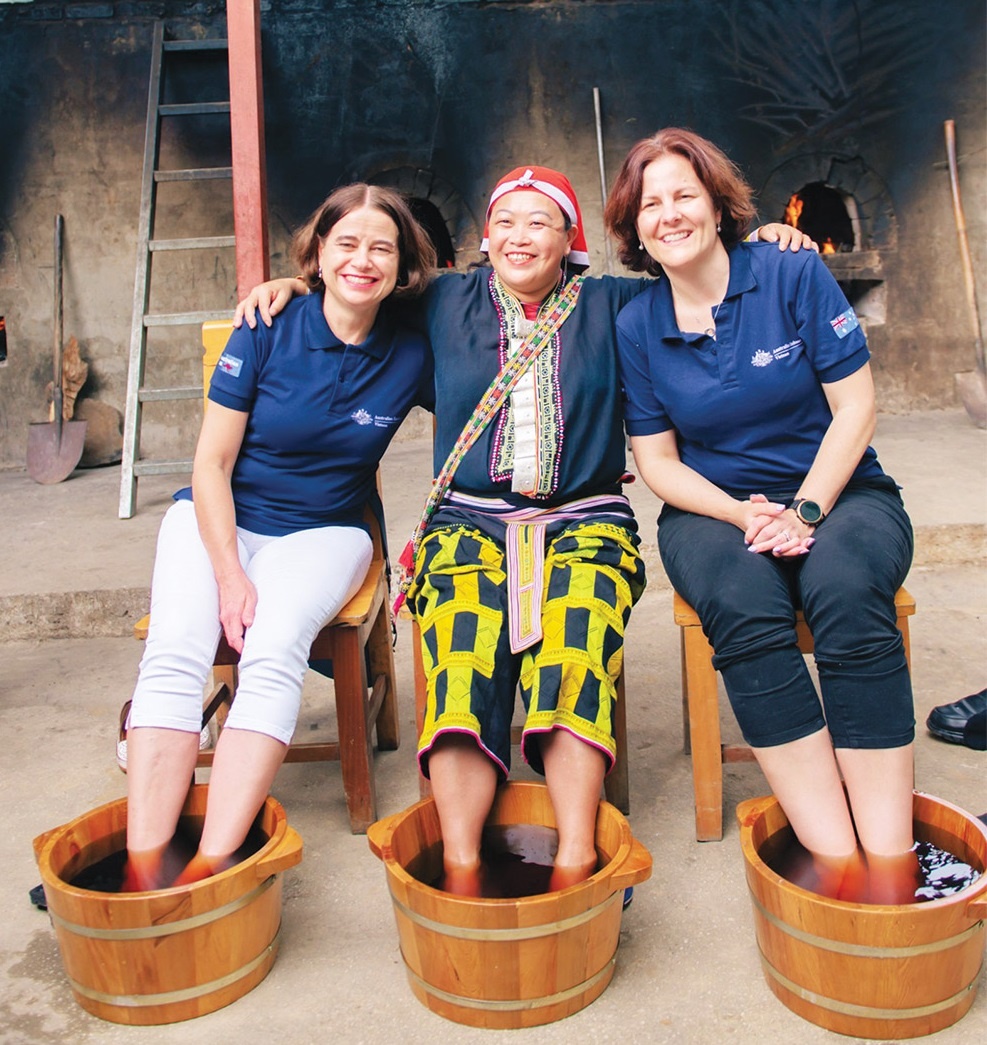 |
| Chloe Lemelle, resident manager TIA Wellness Resort
TIA Wellness Resort offers a diverse range of traditional and herbal treatments and therapies designed to integrate holistic wellbeing into each stay. We prioritise material locally sourced in Vietnam, and our scented massage oils and essential oils for therapies are sourced from biodynamic plantations in Vietnam and Laos, creating perfumes, balms, oils, and scrubs. On a menu of 34 treatments and therapies, nearly half of the selection includes Vietnamese traditional and herbal products. We engage with our guests daily to ensure their comfort and satisfaction through heartfelt interactions. Our multilingual guest care team communicates fluently in South Korean, Japanese, French, German, Vietnamese, and English. Dedicated wellness guides cater to each guest’s emotional and physical wellbeing, offering personalised care tailored to individual needs. The Wellness Centre team at the resort currently counts 76 members and over 50 therapists with specific specialisations. Every therapist has completed an in-house training programme led by specialist spa trainers, complemented with training programmes involving reiki, aromatherapy, acupuncture, yoga, detoxification, and more besides. Our training department inside the wellness centre is focused daily on improving the knowledge, skills, and techniques of our therapists, including traditional and herbal healing knowledge, and skills are refreshed on a regular basis. Sonia Kedi, hungarian tourist, 29 years old
I experienced traditional medicine services at Danang Traditional Medicine Hospital in July. When I first looked at the costs, I was quite impressed with the transparency in pricing. I chose a service package including acupuncture, massage, and herbal therapy for a week. The hospital has a very professional and friendly team of doctors and healthcare staff. When I came here, I not only received healthcare but also felt the attentiveness and dedication from the staff. Therapies such as acupuncture and massage were performed in a quiet and clean environment, creating a sense of absolute relaxation. My visit to the hospital gave me a deep insight into how Vietnamese traditional medicine combines with local culture. While participating in herbal therapies, I heard about the characteristic herbs of Vietnam and how they are used in traditional remedies. I also witnessed how doctors and other staff at the hospital apply treatment methods according to traditional medicine philosophy, which truly provided a profound cultural experience. I believe the potential for herbal wellness tourism in Vietnam is enormous. After my experience, I clearly see that combining herbal therapies with tourism creates new experiences and meets the growing demand for healthcare and wellness among tourists. Nethmi Fernando, indian tourist, 30 years old
Two weeks ago, I experienced traditional medicine services at a hospital during my trip to Ho Chi Minh City, thanks to a friend’s recommendation. Upon arrival, I was welcomed by a peaceful atmosphere with a gentle fragrance of herbs. The reception staff was very attentive and professional. They guided me through the registration process and initial health check. The price for my five-day package was quite reasonable, fitting my budget. After five days, I truly felt rejuvenated, both physically and mentally. I learned a lot about natural healthcare methods and gained a deeper understanding of Vietnamese traditional medicine. With its diverse flora and rich knowledge of traditional medicine, Vietnam has the potential to become a top destination for health tourism. However, during my time using the service, I noticed that although the staff and doctors were very enthusiastic and professional, their English communication skills were limited. This sometimes caused difficulties in explaining details about treatment methods. I believe that if this issue is improved, the traditional medicine tourism service in Ho Chi Minh City will become even more attractive to international tourists. I Nyoman Yastama, wellness & Spa director Alba Wellness Valley by Fusion
Offering traditional herbal treatments is our unique selling point, distinguishing Alba Wellness Valley by Fusion from other spas and providing a unique and authentic wellness experience. Embracing local Vietnamese traditional medicine enhances the spa’s cultural authenticity, attracting guests interested in holistic and cultural wellness experiences and potentially attracting a broader client base, including wellness tourists. Ensuring our stars are adequately trained in traditional herbal treatments is challenging, requiring significant time and resources. In addition, hiring trained and skilled therapists knowledgeable in traditional Vietnamese medicine can be challenging. Educating clients about the benefits and safety of traditional herbal treatments is essential, as some may be sceptical or unfamiliar with these methods. Depending on the selected treatments, the ingredients include lemongrass, known for its anti-inflammatory and analgesic properties; turmeric, which has anti-inflammatory and antioxidant effects; and ginger, which improves blood circulation and reduces inflammation. Camphor provides a cooling effect and relieves pain, and eucalyptus acts as a natural decongestant and anti-inflammatory. We also use products from Hapaku, a local brand dedicated to traditional Vietnamese wellness, especially herbal massage therapies using locally sourced herbs, which contain healing properties, offering a holistic approach to health. The company uses high-quality, organic ingredients to ensure its products’ quality and safe use. The brand collaborates with local farmers and herbalists to source the best herbs while maintaining traditional preparation methods. We have also developed a unique “Bamboo on the Rock” treatment. Our guests love the ultimate relaxation and rejuvenation this exceptional therapy offers. The popularity and love for this exceptional treatment have propelled us to receive the nomination as a finalist for Destination Deluxe Holistic Treatment of the Year 2024. Ron mitchell, staff member, NacoTaco
As someone who focuses on wellbeing and often deals with muscle tension and occasional headaches, I’ve found traditional Vietnamese treatments to be both effective and reasonably priced. For muscle pain, herbal poultices and compresses have proven effective. Ingredients such as turmeric and lemongrass offer targeted relief and help reduce inflammation. The warmth and soothing properties of these poultices are particularly helpful in alleviating discomfort. They help relieve tension and promote relaxation, making them a pleasant addition to my routine. Additionally, during a trip to Hoa Binh province, I had the chance to experience a mineral hot spring bath. It was quite enjoyable, offering a chance to relax while taking in the scenic surroundings and benefiting from the health-boosting properties of the mineral water. On another trip to Thai Nguyen province, I explored an ecotourism area with friends. Besides engaging in nature-related activities, we also enjoyed herbal baths, which were perfect for unwinding at the end of the day. These remedies are quite affordable, providing value for money given the natural ingredients and their effectiveness. They provide an effective way to manage body aches and stress, aligning well with a preference for affordable, chemical-free solutions. Giovanni Navajo, health coach, HG Eden Clinic
In my experience with herbal therapies and traditional acupuncture in Vietnam, the service quality can be a bit hit-or-miss. Many places provide effective treatments and show real commitment to the methods, which is great. The use of local herbs often feels authentic and therapeutic. However, I’ve also found some inconsistency in service quality. Not all centres maintain the same level of professionalism, which can detract from the overall experience. The blend of ancient techniques and local herbs used in these treatments is impressive and really showcases the holistic approach to wellness in this country. However, there are areas that need improvement, such as modernising facilities and ensuring consistency in service. Despite these variations, I am interested in exploring traditional healing methods in Vietnam. |
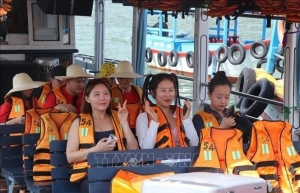 | Phu Quoc, Nha Trang among most favourite destinations for Korean tourists Tourists from the Republic of Korea (RoK) are increasingly interested in destinations in Vietnam, according to a survey conducted by Rankify Korea website. |
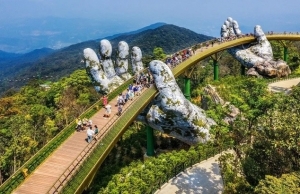 | Hanoi, Da Nang among best places in Southeast Asia for solo travellers The capital city of Hanoi and the central city of Da Nang have been ranked among the seven best places in Southeast Asia for solo travellers by Lonely Planet. |
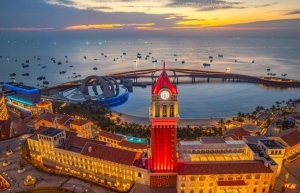 | Phu Quoc Island becomes world’s second most captivating island, just behind Maldives Hanoi - Besides owning stunning natural landscapes, a series of top-notch entertainment experiences, all-inclusive leisure and hospitality services being continuously invested in have contributed to making Phu Quoc the second most attractive island in the world, just behind Maldives, according to Travel Leisure's vote. |
What the stars mean:
★ Poor ★ ★ Promising ★★★ Good ★★★★ Very good ★★★★★ Exceptional
Related Contents
Latest News
More News
- Vietnam ranks second among Chinese travellers’ top destinations (January 14, 2026 | 11:59)
- Visa data highlights five key payment and travel trends in Vietnam for 2026 (January 14, 2026 | 10:42)
- New Year tourism receipts top $40m in key cities (January 06, 2026 | 08:36)
- Vietnamese passport climbs on global ranking (December 16, 2025 | 08:00)
- Manila becomes a new check-in destination for Vietnamese youth (December 11, 2025 | 18:07)
- Vietjet launches mega year-end ticket promotion (December 10, 2025 | 11:33)
- Dalat leads Vietnam’s 2025 search trends (December 09, 2025 | 13:44)
- Vietnam welcomes record wave of international visitors (December 09, 2025 | 13:43)
- Vietjet launches daily Manila flights to celebrate year-end festive peak season (December 05, 2025 | 13:47)
- The destinations powering Vietnam’s festive season travel demand (December 04, 2025 | 18:33)

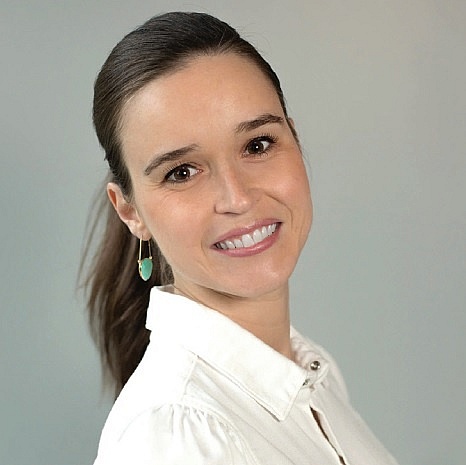
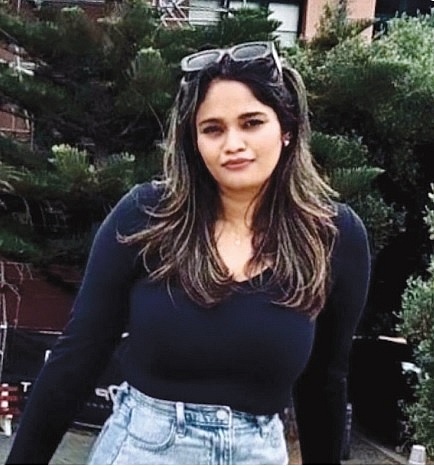
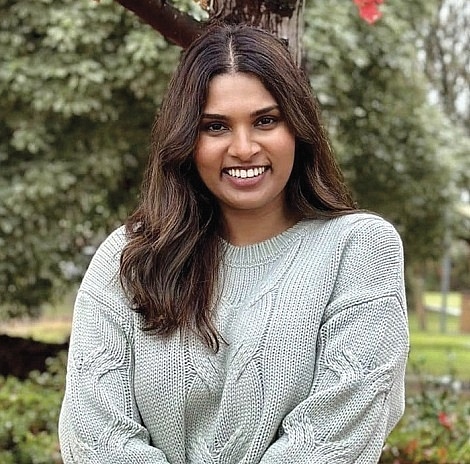
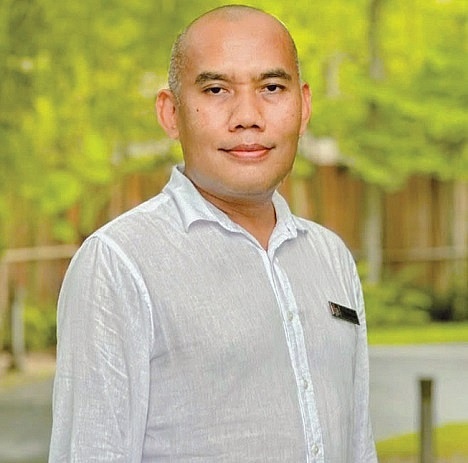
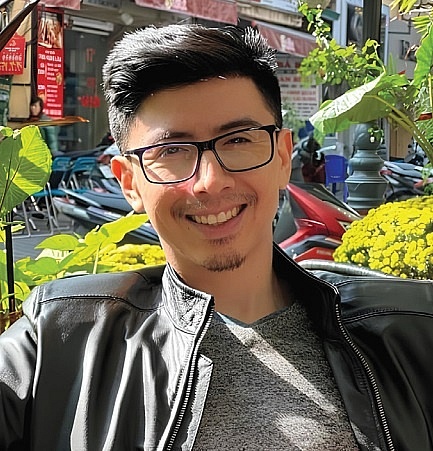

 Tag:
Tag:




















 Mobile Version
Mobile Version